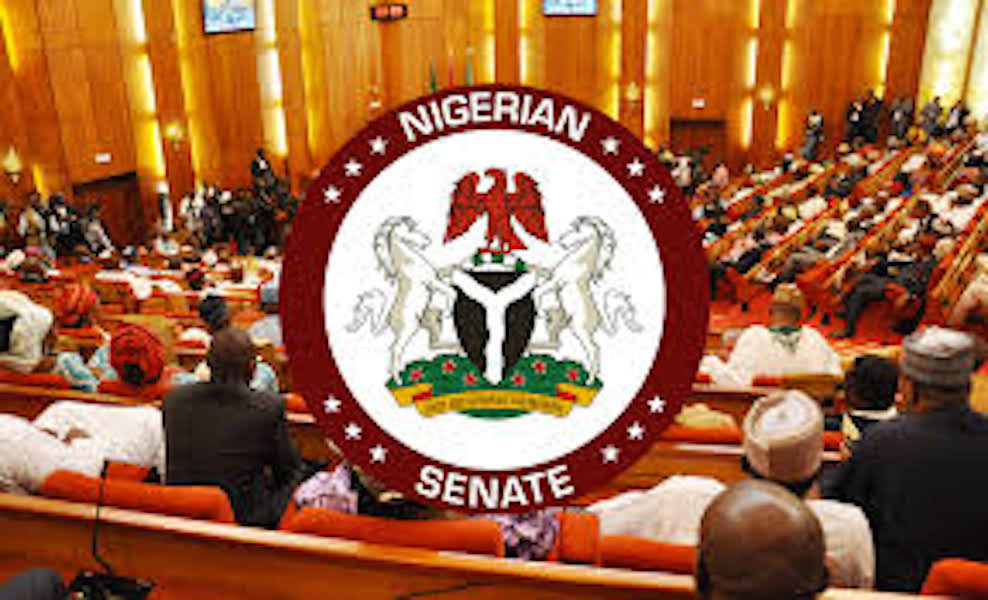Endless negative reverberations have continued to trail the passage and assenting into law the Deep Offshore and Inland Basin Production Sharing Contract (PSC) Amendment Bill into law President Muhammadu Buhari in early November 2019.
PSC is a term used in the petroleum industry and refers to an agreement between Contractor and Government whereby Contractor bears all exploration risks, production and development costs in return for its stipulated share of (profit from) production resulting from this effort.
Statistics have shown that PSC have offered exploration and production companies and oil producing countries including Nigeria a unique arrangement for the development of petroleum resources, particularly within the deepwater offshore area.
However, in its latest report, leading global oil and gas intelligence group, S&P Global Platts made it clear that Nigeria’s new law to hike taxes on companies operating in its lucrative deepwater blocks could backfire by deterring the IOCs from the country and hindering output growth.
Business Hilights can attest that Nigeria’s oil and gas production structure is majorly split between joint ventures onshore and in shallow water with foreign and local companies and the Production Sharing Contracts in deepwater offshore, to which most of the IOCs have shifted their focus in recent years.
“The prospect of more IOC divestment from Nigeria is looming, especially as the 20-year deepwater production sharing contract agreed in the mid-1990s begins to expire,” a senior African analyst at consultancy Verisk Maplecroft, Ed Hobey-Hamsher, told S&P Global Platts.
“No one will want to be the last major holding a PSC, and a race to divest will depress prices. (President Muhammadu) Buhari shows no willingness to further projects that might rekindle oil and gas development,” Hobey-Hamsher said.
“He believes retaining his control of existing projects is crucial to maintaining his grip on power,” he averred.
It would be recalled that apart from the record speed with which the National Assembly passed the Bill, President Muhammadu Buhari in far away London during one of his trips received the national document from his Chief of Staff, Mr Abba Kyari and assented to the Deep Offshore and Inland Basin Production Sharing Contract (PSC) Amendment Bill into law.
Analysts say whereas the law will significantly increase Nigeria’s share of earnings earned from oil wells offshore, there are chances that participating International Oil Companies (IOCs) stand discouraged by some provisions of the law.
The president announced the signing of the law through a post on his official Twitter handle, @MBuhari Monday November 4, 2019 saying “This afternoon I assented to the Bill amending the Deep Offshore (and Inland Basin Production Sharing Contract) Act. This is a landmark moment for Nigeria; let me use this opportunity to thank the National Assembly for the cooperation that produced this long-overdue amendment,” the president said on Monday.
The Deep Offshore and Inland Basin Production Sharing Contracts Act was enacted on March 23, 1999, with its commencement backdated to January 1, 1993.
Business Hilights gathered that before now, there has been serious disagreement between the government and the international oil companies on the need to review the law to reflect current realities.
Section 16 (1) of the Deep Offshore and Inland Basin Production Sharing Contracts Act Cap. D3. LFN 2004 spelt out the conditions under which the PSCs should be reviewed.
The provisions of the Act stipulates that the law shall be subject to review to ensure that if the price of crude oil at any time exceeds $20 per barrel, the share of the revenue to the Nigerian government shall be adjusted under the PSC.
The essence of the adjustment of the sharing formula was to ensure that the Production Sharing Contracts shall be economically beneficial to the government of the federation.
The nation’s oil and gas sector may not get a much-needed revamp this year as a number of IOCs operating in the country look set to divest more assets amid a lack of reforms.
A geopolitical advisor at Platts Analytics, Paul Sheldon, said in a recent note that “A 10 per cent royalty hike marginally reduces Nigeria’s competitive advantage, in a country where investors must also weigh persistent security risks.”









